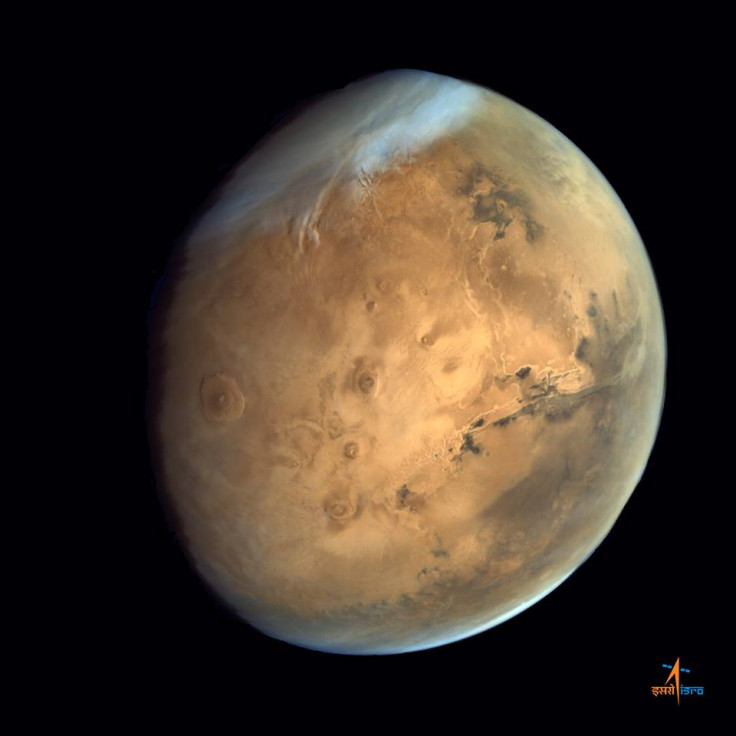Mars life: Methane meteorites lend support to alien bacteria theory

Martian meteorites containing methane gas have given scientists support for the theory that there could be some form of life on the Red Planet.
Nigel Blamey and a team of colleagues from Brock University, Canada, state that methane gas was released from meteorites that have originated from Mars by crushing them, according to a report in Nature Communications.
It adds extra weight to the theory that a potentially living being could survived on methane gas in lieu of oxygen - much like some bacteria do on Earth when the conditions are harsh enough.
Blamey and his team crushed six Martian meteorites which represent the igneous rocks that are found on the planet. They stated that methane gas, along with other gases, were released. It means that the most logical theory for life on Mars would be that bacteria could have survived under the ground where the conditions are not as punishing.
"The availability of methane and hydrogen is critical to the potential of the Martian crust as a habitat for microbial life," the report states. "The hostile Martian surface is probably less habitable than the subsurface, and several scenarios have been proposed for deep Martian life. The gases would be most concentrated in subsurface environments such as fracture systems and basalt lava vesicles, where they could support a deep biosphere."
Recently, Nasa's Curiosity rover detected an episodic increase in the concentration of methane in Mars' atmosphere.
A spike showing an increase of ten times the basal levels of methane concentration (around 0.7 ppbv) was seen on 60 of the 600 Martian days it scanned.
This is believed to be a strong indicator of recent microbial life on the planet.
© Copyright IBTimes 2025. All rights reserved.






















